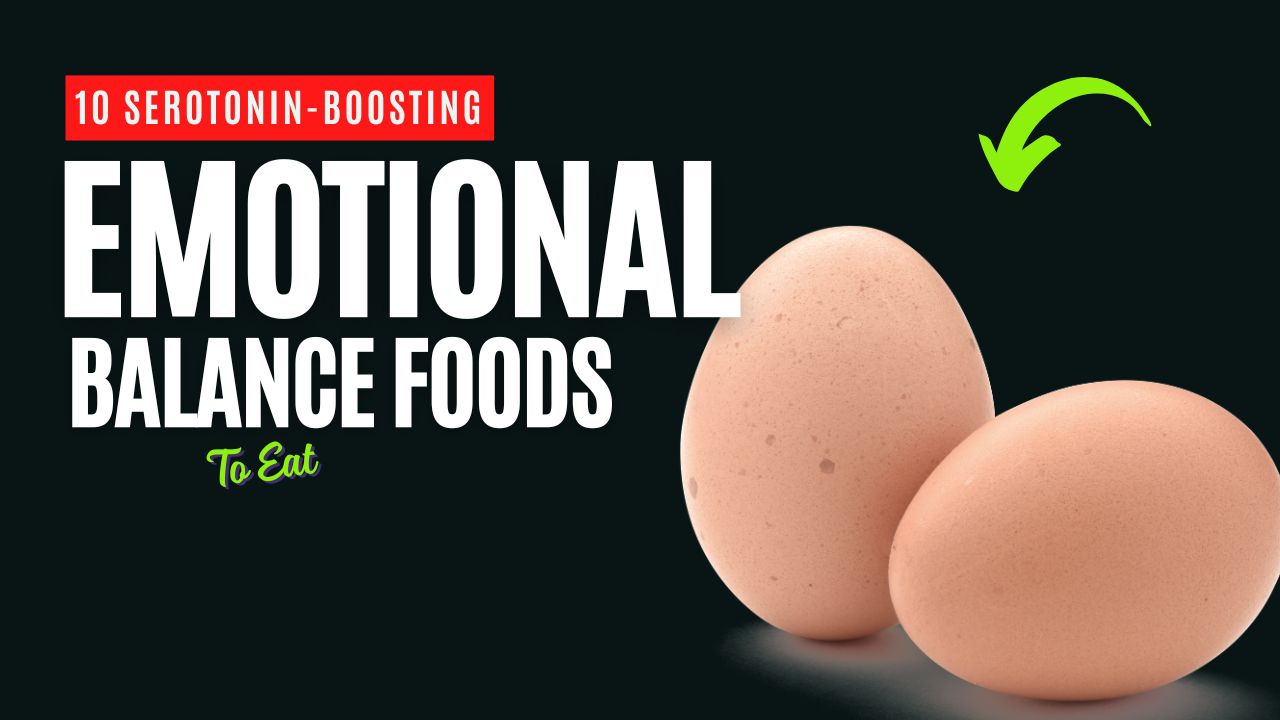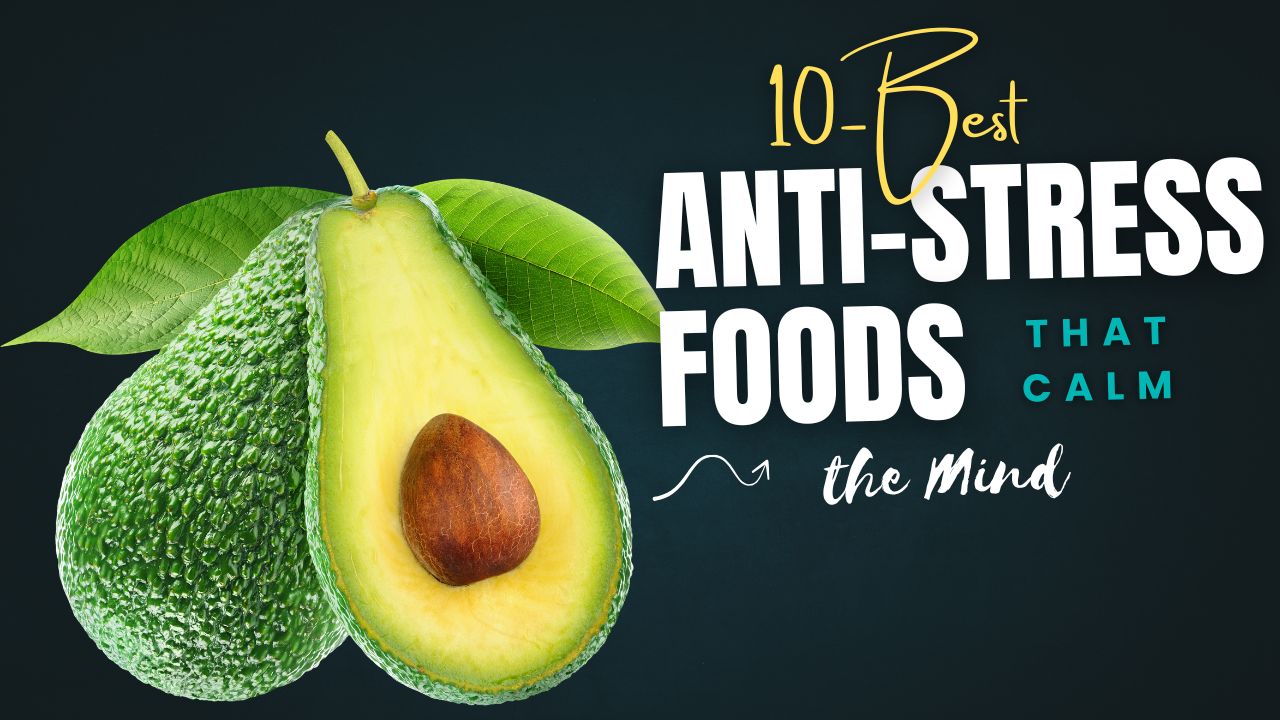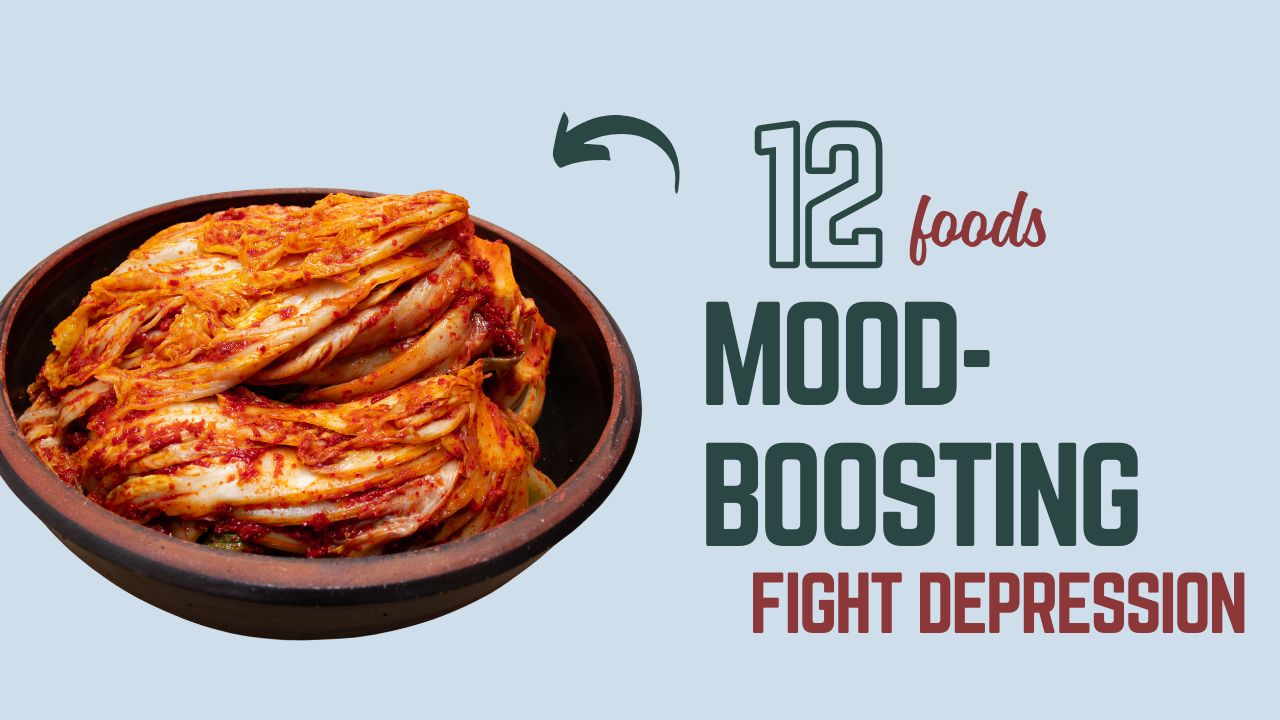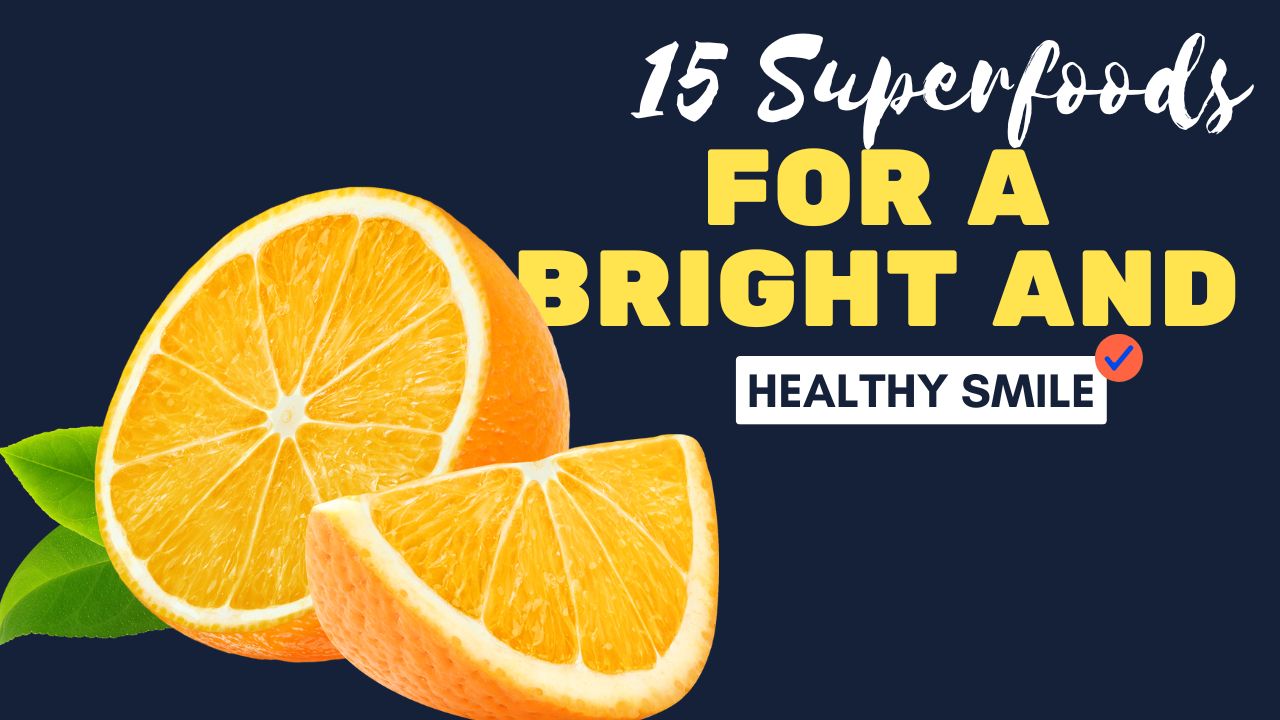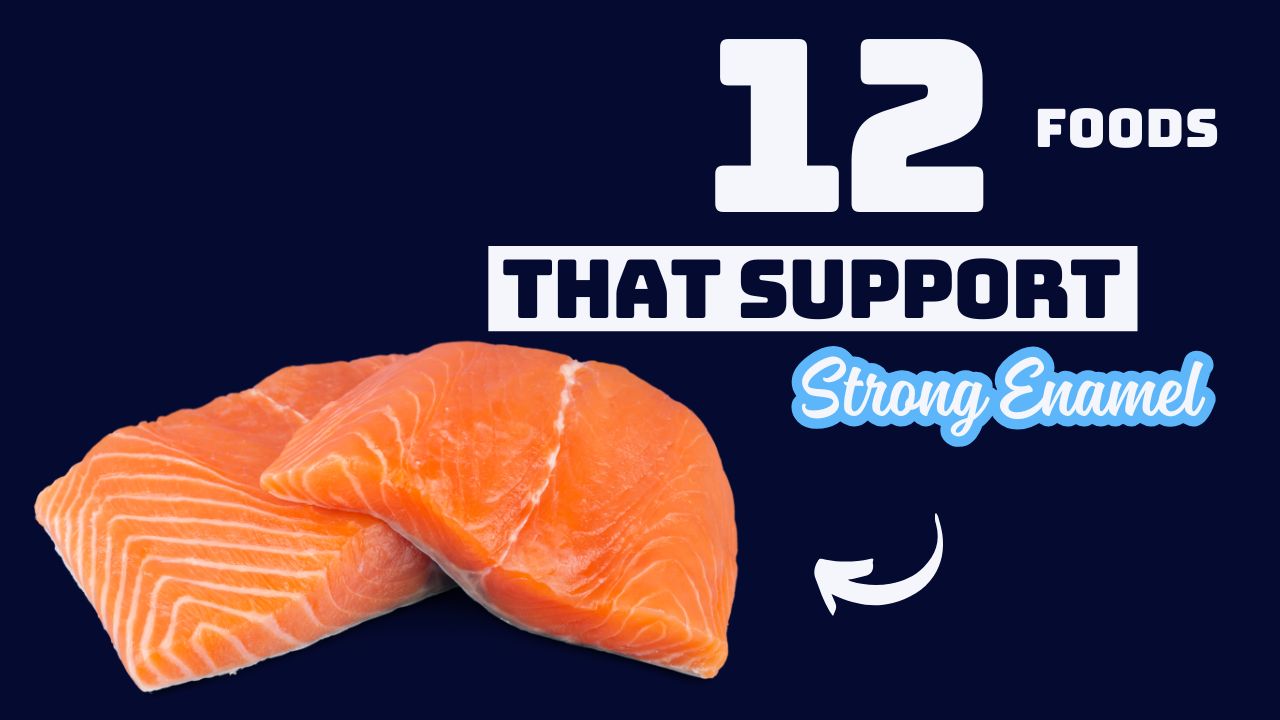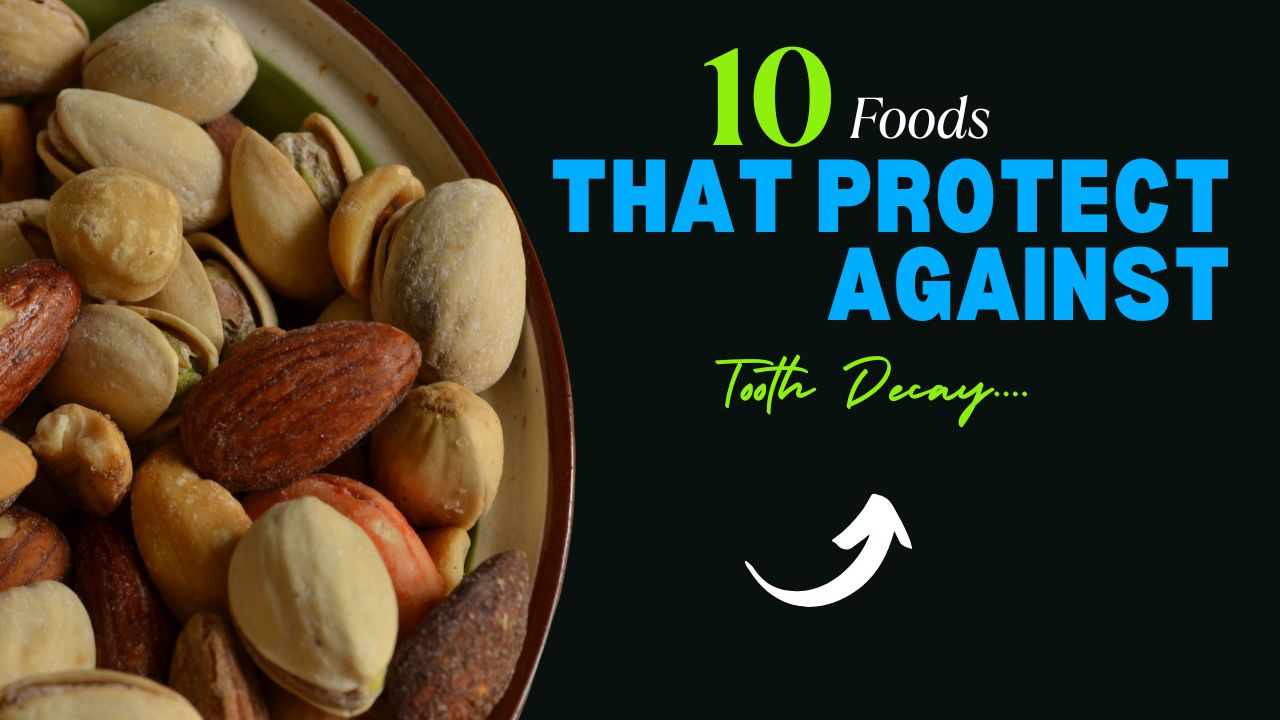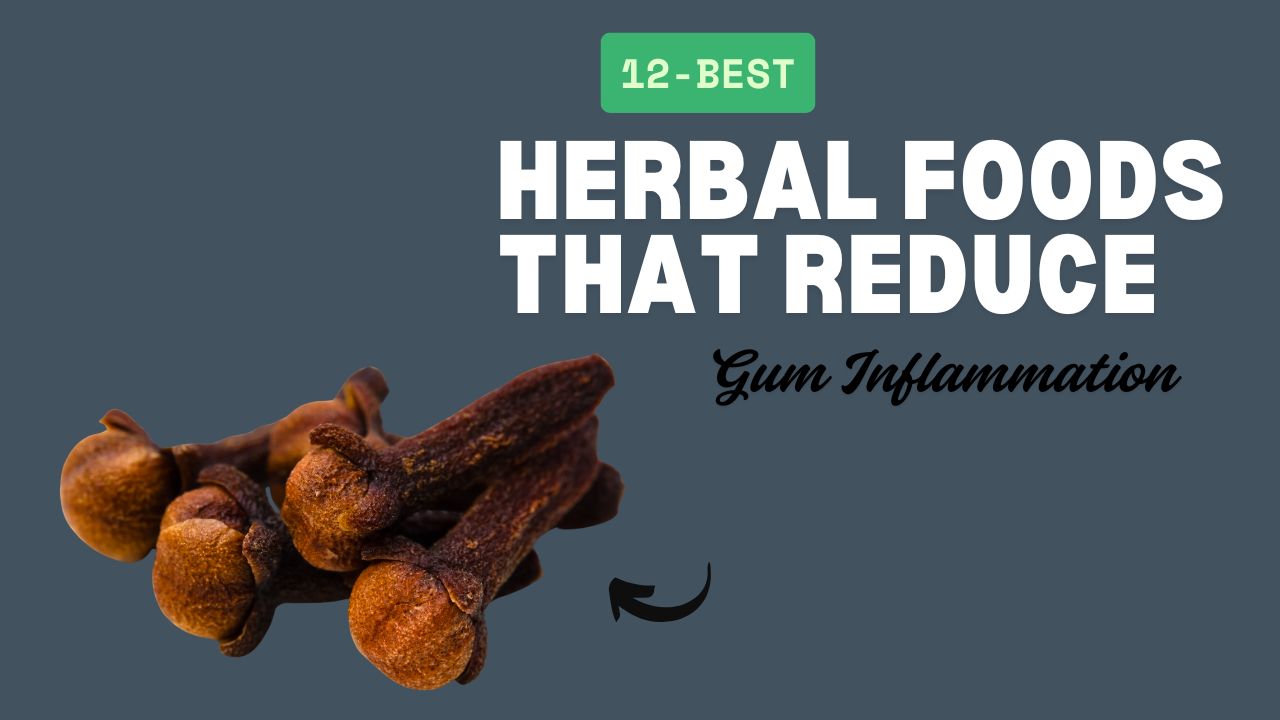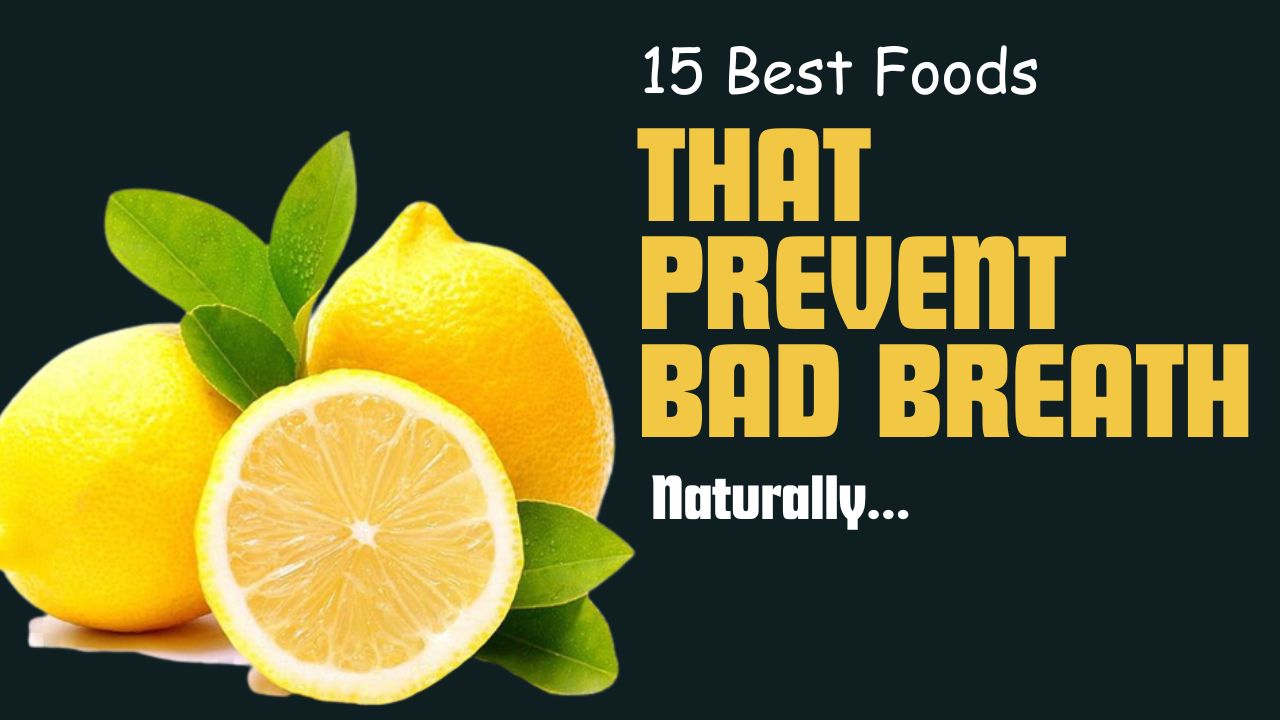Did you know that gum disease is one of the most common oral health problems worldwide, affecting nearly half of adults over 30?
What’s even more surprising is that many people blame poor brushing habits alone—when in fact, diet plays a massive role in gum health. While brushing and flossing are essential, the foods you eat can either fuel inflammation or help calm it.
That’s where herbs and natural plant-based foods step in. For centuries, cultures around the world have used specific herbal remedies to strengthen gums, reduce swelling, and even prevent tooth loss.
Science is now catching up, showing that certain herbs contain antioxidants, anti-inflammatory compounds, and antimicrobial properties that directly fight gum disease.
In this article, we’ll explore 12 powerful herbal foods that naturally reduce gum inflammation—backed by both tradition and research. You’ll also discover:
- The best ways to eat or use them for oral health.
- Who should eat or avoid them.
- Storage and buying tips to keep them fresh.
- A quick “Do’s & Don’ts” guide.
- Possible side effects to watch out for.
Let’s dive into the herbal pantry for a healthier smile.
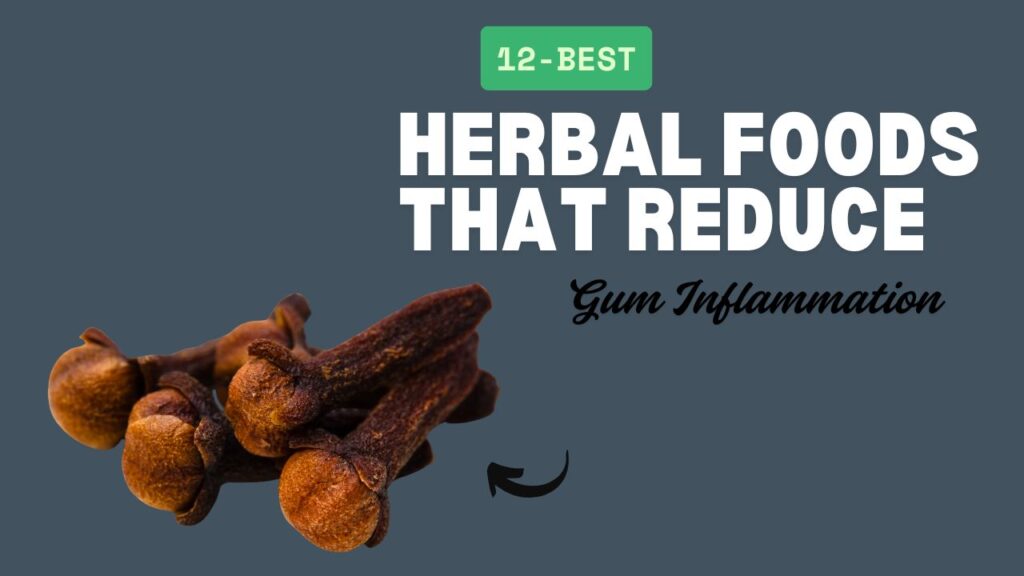
Table of Contents
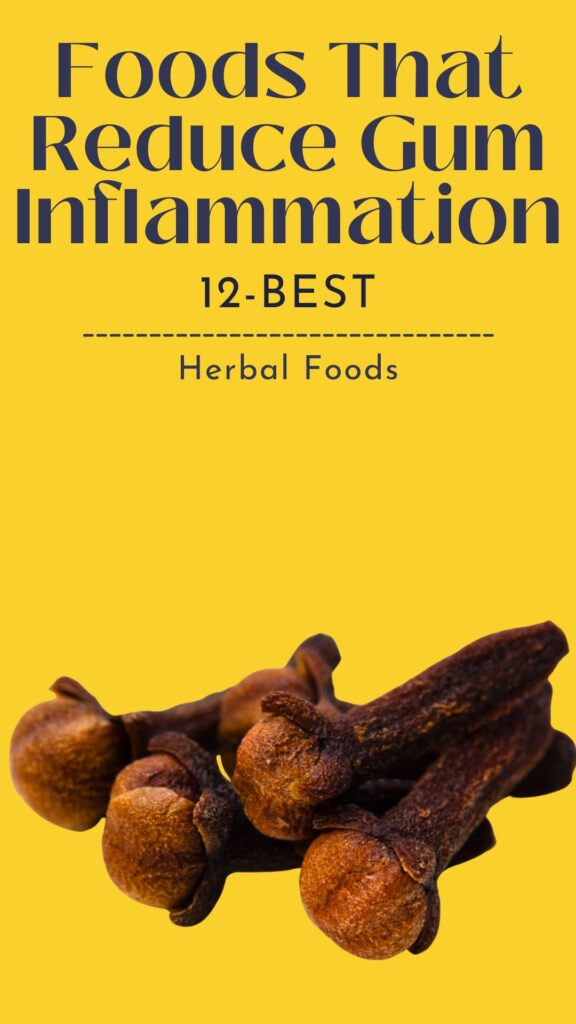
12 Best Herbal Foods For Oral Health
1. Turmeric
Why it works:
Turmeric contains curcumin, a compound well-known for its anti-inflammatory and antimicrobial effects. Studies show it helps reduce plaque and gum bleeding in people with gingivitis.
Best Ways to Eat or Use It
- Add fresh turmeric root to smoothies.
- Sprinkle turmeric powder into soups or teas.
- Make a turmeric paste (mixed with water or coconut oil) and apply gently on gums.
Who Should Eat / Avoid
- Good for: People with chronic gum inflammation, those recovering from oral surgery.
- Avoid if: You are on blood thinners or have gallbladder issues.
Storage & Buying Tips
- Choose fresh, firm turmeric roots.
- Store in the fridge for up to 2 weeks.
- Keep powdered turmeric in an airtight container away from sunlight.
Do’s & Don’ts
✅ Do: Pair with black pepper for better curcumin absorption.
❌ Don’t: Consume in very high amounts daily—it may upset the stomach.
Possible Side Effects
Excessive turmeric can cause nausea or interfere with certain medications.
2. Green Tea
Why it works:
Green tea is packed with catechins, powerful antioxidants that reduce inflammation and limit bacterial growth in the mouth. A daily cup can significantly lower gum bleeding and swelling.
Best Ways to Eat or Use It
- Drink 1–2 cups daily, preferably unsweetened.
- Use cooled green tea as a natural mouth rinse.
Who Should Eat / Avoid
- Good for: Adults looking to strengthen gums and improve overall oral hygiene.
- Avoid if: You are sensitive to caffeine or pregnant (limit intake).
Storage & Buying Tips
- Store tea leaves in a cool, dry place.
- Use within 6 months for maximum potency.
Do’s & Don’ts
✅ Do: Brew for 2–3 minutes, not too long.
❌ Don’t: Add too much sugar or honey, which can harm teeth.
Possible Side Effects
Overconsumption can cause caffeine jitters or stomach irritation.
3. Cloves
Why it works:
Cloves have been used for centuries as a natural remedy for toothaches and gum infections due to their eugenol content, a natural antiseptic and anti-inflammatory compound.
Best Ways to Eat or Use It
- Chew a whole clove for fresh breath and gum relief.
- Add ground cloves to teas or curries.
- Mix clove oil with a carrier oil and apply gently to sore gums.
Who Should Eat / Avoid
- Good for: People with mild gum pain or inflammation.
- Avoid if: You have sensitive teeth or bleeding disorders.
Storage & Buying Tips
- Store whole cloves in an airtight jar.
- Ground cloves lose potency quickly—buy small amounts.
Do’s & Don’ts
✅ Do: Use sparingly, a little goes a long way.
❌ Don’t: Apply undiluted clove oil directly—it may cause burns.
Possible Side Effects
Overuse can irritate gums and cause tissue sensitivity.
4. Garlic
Why it works:
Garlic contains allicin, a natural antimicrobial that kills bacteria responsible for gum infections. It also reduces inflammation and supports immunity.
Best Ways to Eat or Use It
- Crush fresh garlic and mix into salads or dips.
- Add to soups and stir-fries.
- Rub a cut clove gently on sore gums (only for short-term relief).
Who Should Eat / Avoid
- Good for: Those prone to recurring gum infections.
- Avoid if: You are on blood-thinning medications.
Storage & Buying Tips
- Store whole bulbs in a dry, cool spot.
- Use within a few weeks for maximum potency.
Do’s & Don’ts
✅ Do: Use fresh garlic for higher allicin content.
❌ Don’t: Store peeled garlic in oil for too long—it can grow harmful bacteria.
Possible Side Effects
Can cause bad breath, stomach upset, or interact with medications.
5. Ginger
Why it works:
Ginger is rich in gingerol, which has powerful anti-inflammatory effects that help reduce gum swelling and fight oral bacteria.
Best Ways to Eat or Use It
- Brew fresh ginger tea.
- Add grated ginger to stir-fries or smoothies.
- Use ginger-infused water as a mild rinse.
Who Should Eat / Avoid
- Good for: People with gum sensitivity and digestive issues.
- Avoid if: You have gallstones or are on blood-thinning medications.
Storage & Buying Tips
- Choose firm, smooth ginger roots.
- Store in the fridge for up to 3 weeks.
Do’s & Don’ts
✅ Do: Use fresh ginger instead of powdered for stronger benefits.
❌ Don’t: Consume very high amounts—it may cause heartburn.
Possible Side Effects
Excess ginger can lead to stomach upset or acid reflux.
6. Aloe Vera
Why it works:
Aloe vera gel has soothing, antimicrobial, and healing properties, making it effective against gum inflammation.
Best Ways to Eat or Use It
- Drink aloe vera juice (unsweetened, food-grade).
- Apply aloe vera gel directly on inflamed gums.
Who Should Eat / Avoid
- Good for: People with sensitive gums or gum ulcers.
- Avoid if: You have digestive conditions, as aloe juice can cause laxative effects.
Storage & Buying Tips
- Keep fresh aloe vera leaves in the fridge.
- Use the gel within a few days after extraction.
Do’s & Don’ts
✅ Do: Use fresh, pure aloe gel.
❌ Don’t: Confuse skincare aloe products with edible aloe—they may contain chemicals.
Possible Side Effects
Overconsumption of aloe juice may cause diarrhea.
7. Peppermint
Why it works:
Peppermint contains menthol, which has a cooling effect and reduces gum irritation while killing harmful bacteria.
Best Ways to Eat or Use It
- Brew peppermint tea.
- Chew fresh peppermint leaves.
- Use diluted peppermint oil as a natural mouth rinse.
Who Should Eat / Avoid
- Good for: People with bad breath and mild gum inflammation.
- Avoid if: You suffer from acid reflux.
Storage & Buying Tips
- Store fresh leaves wrapped in a damp towel in the fridge.
- Dry leaves for longer storage.
Do’s & Don’ts
✅ Do: Use fresh leaves for stronger benefits.
❌ Don’t: Use undiluted peppermint oil directly on gums.
Possible Side Effects
Can cause acid reflux in some individuals.
8. Sage
Why it works:
Sage has natural antibacterial and anti-inflammatory compounds that target gum disease-causing bacteria.
Best Ways to Eat or Use It
- Make sage tea.
- Add fresh sage to soups or roasted vegetables.
- Use cooled sage tea as a mouth rinse.
Who Should Eat / Avoid
- Good for: People with frequent gum infections.
- Avoid if: You are pregnant or breastfeeding (excess sage can be unsafe).
Storage & Buying Tips
- Store fresh sage in the fridge wrapped in a damp paper towel.
- Dry sage leaves for extended use.
Do’s & Don’ts
✅ Do: Use sage tea as a rinse for sore gums.
❌ Don’t: Overconsume sage—it may cause dizziness in large amounts.
Possible Side Effects
Excessive consumption may affect the nervous system due to thujone.
9. Basil
Why it works:
Basil, especially holy basil, has antimicrobial properties that fight oral bacteria and strengthen gum tissue.
Best Ways to Eat or Use It
- Add fresh basil to salads or soups.
- Chew raw leaves for gum health.
- Use basil-infused water as a rinse.
Who Should Eat / Avoid
- Good for: People with recurring gum inflammation.
- Avoid if: You are pregnant (large amounts may not be safe).
Storage & Buying Tips
- Store fresh basil in water at room temperature.
- Use within a week for best freshness.
Do’s & Don’ts
✅ Do: Use fresh leaves over dried for higher potency.
❌ Don’t: Refrigerate fresh basil—it may turn black.
Possible Side Effects
Excess consumption may thin blood.
10. Cinnamon
Why it works:
Cinnamon has natural antimicrobial and anti-inflammatory compounds that help reduce gum swelling and fight infections.
Best Ways to Eat or Use It
- Add cinnamon powder to teas, oatmeal, or smoothies.
- Use diluted cinnamon oil as a mouth rinse.
Who Should Eat / Avoid
- Good for: People prone to oral infections.
- Avoid if: You are allergic to cinnamon or have liver issues.
Storage & Buying Tips
- Store sticks in airtight jars.
- Use within 6–12 months for best flavor.
Do’s & Don’ts
✅ Do: Use Ceylon cinnamon (“true cinnamon”) for safety.
❌ Don’t: Consume very high amounts—it may cause liver toxicity.
Possible Side Effects
Cassia cinnamon in excess can be harmful due to coumarin content.
11. Licorice Root
Why it works:
Licorice root contains compounds that fight oral bacteria and reduce plaque buildup, supporting gum health.
Best Ways to Eat or Use It
- Drink licorice root tea.
- Chew dried licorice sticks (sugar-free).
Who Should Eat / Avoid
- Good for: People looking for a natural gum-strengthening herb.
- Avoid if: You have high blood pressure or heart conditions.
Storage & Buying Tips
- Store dried licorice in airtight jars.
- Use within 6 months for potency.
Do’s & Don’ts
✅ Do: Choose sugar-free licorice products.
❌ Don’t: Overconsume—it may raise blood pressure.
Possible Side Effects
May cause water retention and hypertension.
12. Neem
Why it works:
Neem has been used in Ayurvedic medicine for centuries for oral care. Its antibacterial compounds fight plaque, reduce swelling, and strengthen gum tissues.
Best Ways to Eat or Use It
- Chew neem twigs as a natural toothbrush.
- Use neem mouthwash.
- Drink neem tea (in moderation).
Who Should Eat / Avoid
- Good for: People with recurring gum problems.
- Avoid if: You are pregnant or have kidney issues.
Storage & Buying Tips
- Store neem powder in an airtight container.
- Use neem twigs fresh for best results.
Do’s & Don’ts
✅ Do: Use neem in moderation as part of oral hygiene.
❌ Don’t: Overconsume neem internally—it may be toxic in high doses.
Possible Side Effects
Excessive neem use may affect liver and kidney health.
Conclusion
Your gums deserve just as much care as your teeth. These 12 herbal foods—turmeric, green tea, cloves, garlic, ginger, aloe vera, peppermint, sage, basil, cinnamon, licorice root, and neem—offer natural ways to reduce gum inflammation and improve oral health.
Incorporating them into your meals, teas, or even as rinses can make a significant difference. Just remember moderation, proper storage, and being mindful of possible side effects.
Healthy gums are the foundation of a healthy smile—so why not start today? Try adding one of these herbs to your next meal or brew a soothing tea for your gums.
Have you tried any of these herbs for gum health? Share your favorite method in the comments below!
Frequently Asked Questions (FAQs)
Which herbal food is best for reducing gum inflammation quickly?
Turmeric and green tea are often considered the most effective due to their strong anti-inflammatory and antioxidant compounds.
Can I use these herbs instead of brushing and flossing?
No. Herbs support gum health but cannot replace brushing, flossing, or professional dental care. They work best as an addition to good oral hygiene practices.
How long does it take to see results from herbal remedies for gums?
Most people notice reduced swelling or bleeding within 2–4 weeks of consistent use, but results vary depending on severity and diet.
Are there any risks in using herbal remedies for gum inflammation?
Yes. While herbs are generally safe, some can interact with medications (like turmeric or garlic with blood thinners). Always use in moderation and consult a doctor if you have health conditions.
Can pregnant women use these herbal remedies?
Some herbs like sage, basil (in large amounts), and neem are not recommended during pregnancy. Pregnant women should stick to safe options like green tea (in moderation), aloe vera (topical use), or peppermint.
Do these herbs replace dental treatments for gum disease?
No. They help reduce inflammation and support gum health but cannot cure advanced gum disease. Professional dental care is essential if symptoms persist.
What is the best way to use herbs for gum inflammation—eating or applying directly?
Both methods can work. Eating or drinking herbs supports overall oral health, while topical application (like clove oil or aloe vera gel) provides targeted relief.
Can children use these herbal remedies?
Mild options like peppermint tea, basil, or turmeric in small amounts are safe for children, but stronger herbs like clove oil or neem should be avoided. Always consult a pediatric dentist.
How can I prevent gum inflammation naturally along with herbs?
Maintain daily oral hygiene (brushing and flossing), stay hydrated, avoid sugary foods, and eat a nutrient-rich diet. Herbs act as an extra layer of protection.
Which herbal teas are best for gum health?
Green tea, sage tea, peppermint tea, and licorice root tea are excellent choices for reducing gum inflammation and promoting fresh breath.
